For the past two weeks, FDH Bank plc, the home-grown financial institution, has been running full page colour advertisements heralding a product branded ‘FDH Salama Banking Solution’.
My curiosity was further enhanced when I noted that WhatsApp status updates and even display pictures of some executives I know at FDH Bank also promoting ‘FDH Salama’ banking solution.
What is FDH Salama? Indeed, what or who is Salama?
Then a headline ‘FDH Bank rolls out first Islamic banking window’ in the Business News section of The Nation edition of May 4 this year came to my mind. The story said FDH Bank plc had rolled out Islamic banking service to provide Shariah-compliant products and services managed separately through a special window from conventional banking.
Islamic banking, which is also known as Islamic finance, is based on two fundamental principles which entail sharing of profit and loss and the prohibition of the collection and payment of interest by lenders and investors.
Back to Salama, my search established that it is an Arabic name that means “safety” and “peaceful”. The name is derived from the fact that when a baby arrives, parents would want to wrap it up in cotton wool to ensure it is safe and sound. Thus, to match that feeling, Salama banking is touted to bring peace, as it were, to both the lender and the investor.
From what FDH Bank plc board chairperson Charity Mseka said during the launch a fortnight ago, the Salama Banking Solution, the first of its kind in the country, will not just be an expansion of services, but a commitment to financial inclusion and diversity.
She said Salama Banking Solution will provide “easy access to financial solutions that enable our communities to grow with us”.
Islamic banking is said to offer resilience during times of economic challenges because it stresses asset-backed financing and risk-based sharing mechanism, which provides a buffer against speculative tendencies.
FDH Bank first unveiled plans to introduce Islamic banking in April last year and now the Reserve Bank of Malawi (RBM) has approved the service and granted a go-ahead to set up a Shariah Advisory Committee to oversee the management of FDH Salama Banking products and services.
Elsewhere in Africa, South Africa, Nigeria, Kenya, Senegal, Djibouti, Uganda and Morocco have legal and regulatory frameworks and run Islamic finance products.
Prior to the launch of FDH Salama Banking Solution, much was said, albeit informally, about Islamic banking. I recall in 2012 or thereabouts when RBM rejected an application by Shariâ Investments Limited for an Islamic Bank of Malawi on the grounds that the model had Sharia elements embedded in it.
Islamic banking has the same purpose as conventional banking in that the bank has to make money through lending, but in strict adherence to the Islamic law, Sharia, by ensuring fair play.
The arrangement of sharing profits as well as losses operates more like the “village bank” or banki m’khonde model, only that the “village banks” charge interest on loans.
To earn or generate profits, under the Islamic banking model the banks invest the deposits mobilised in non-speculative and risk-averse investments. They use equity participation systems and share profits as well as losses.
But Islamic financing or banking does not come easy. There are restrictions in terms of where one can invest the loans obtained under the arrangement. For instance, in case of trading, customers are not allowed to engage in gambling and high-risk transactions or investments are prohibited as is speculation.
Proponents of Islamic banking and finance argue that in conventional banking, some parties tend to benefit more at the expense of others.
My take is that most aspects of Islamic banking are worth embracing amid the high cost of borrowing in the country to ease financing pressures among businesses and individuals alike.
Welcome on board FDH Salama Banking Solution. Indeed, “grow with us” in the pursuit of success.


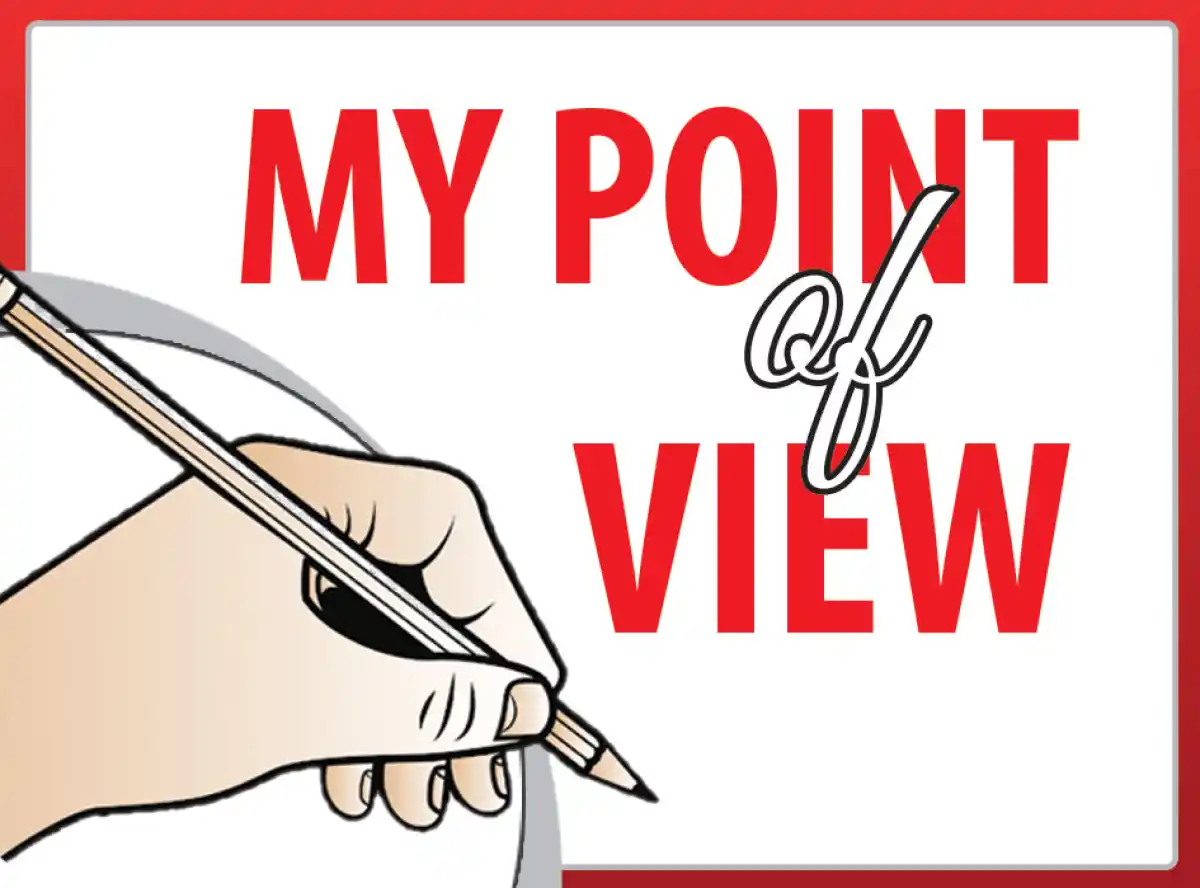
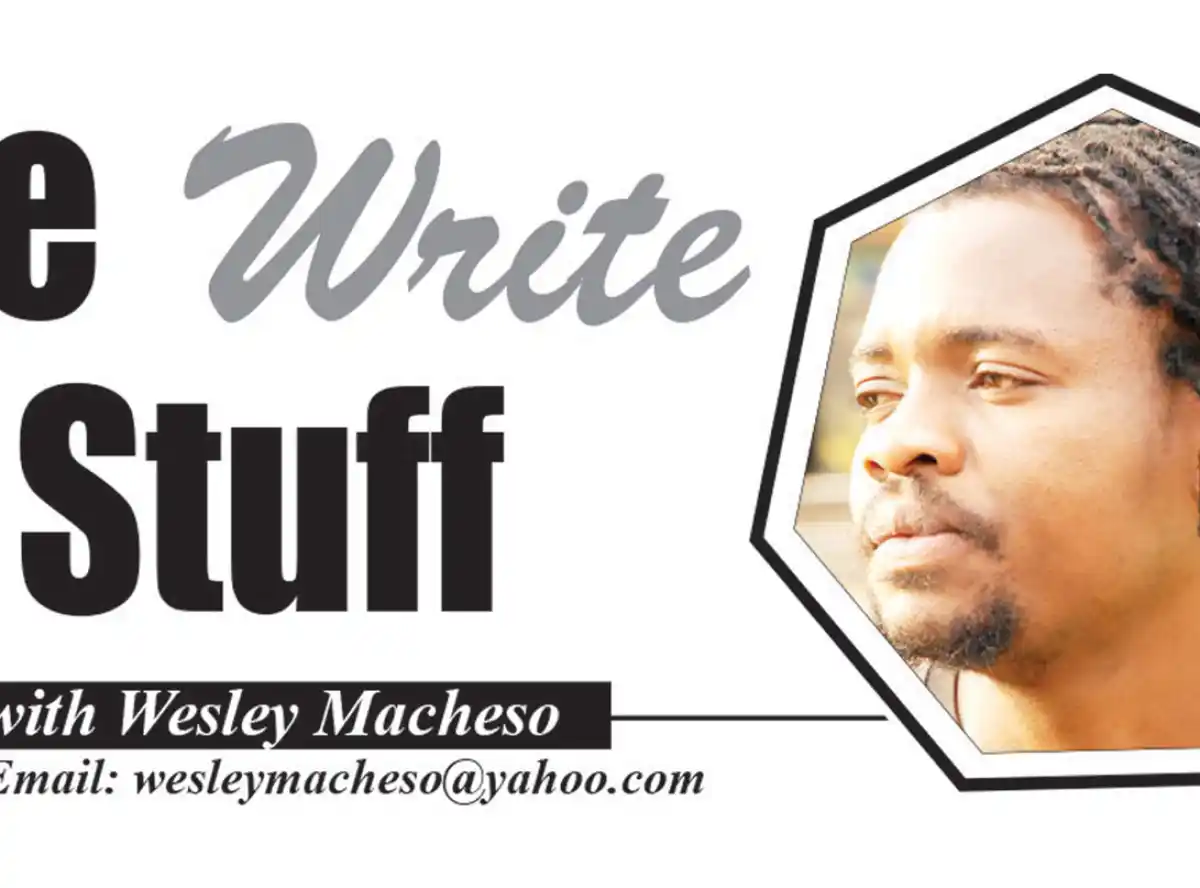
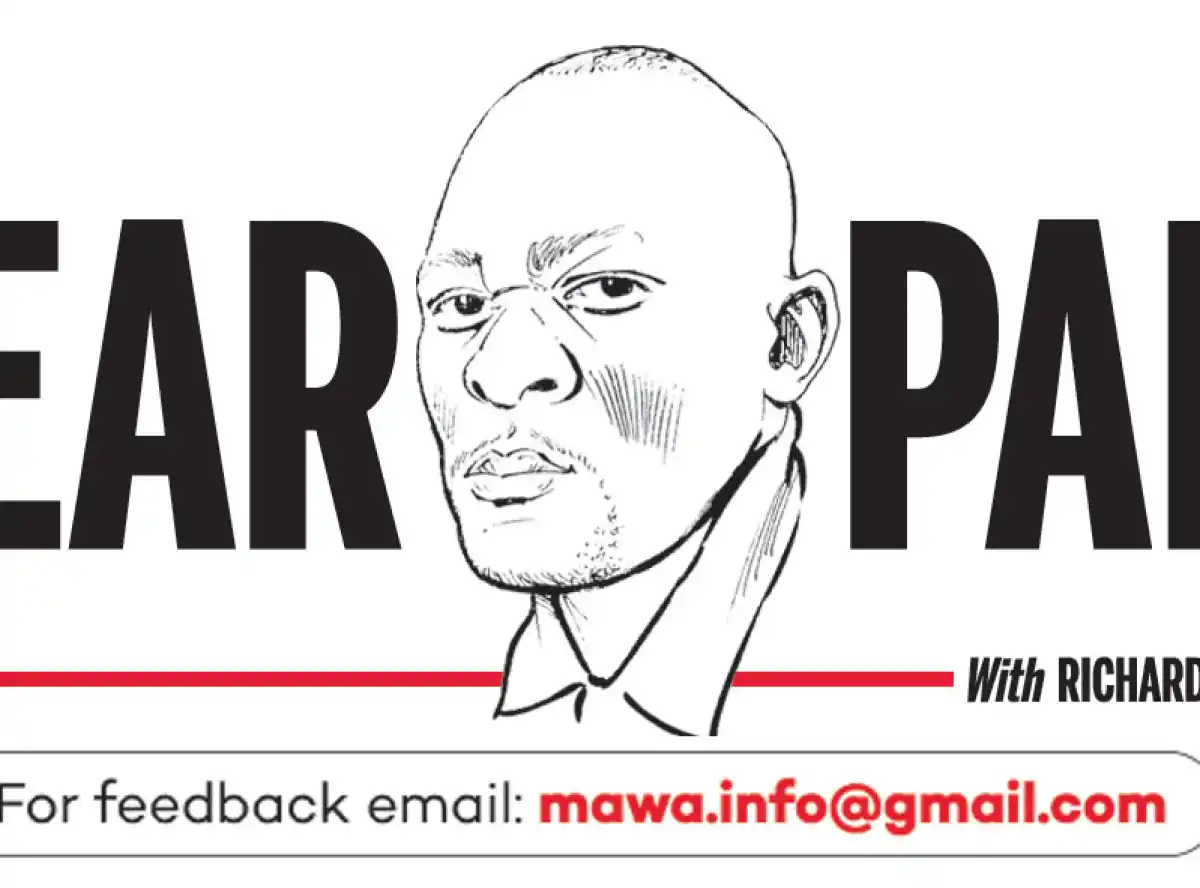
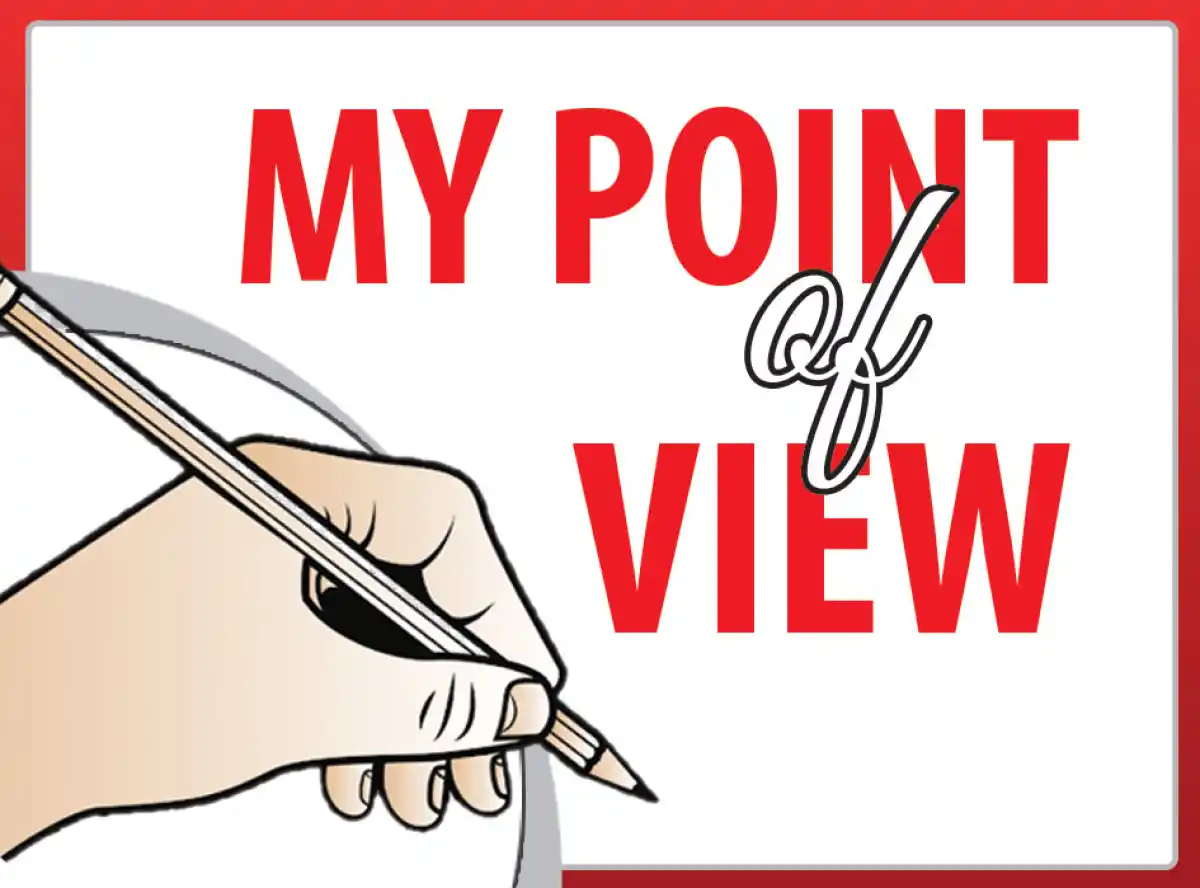
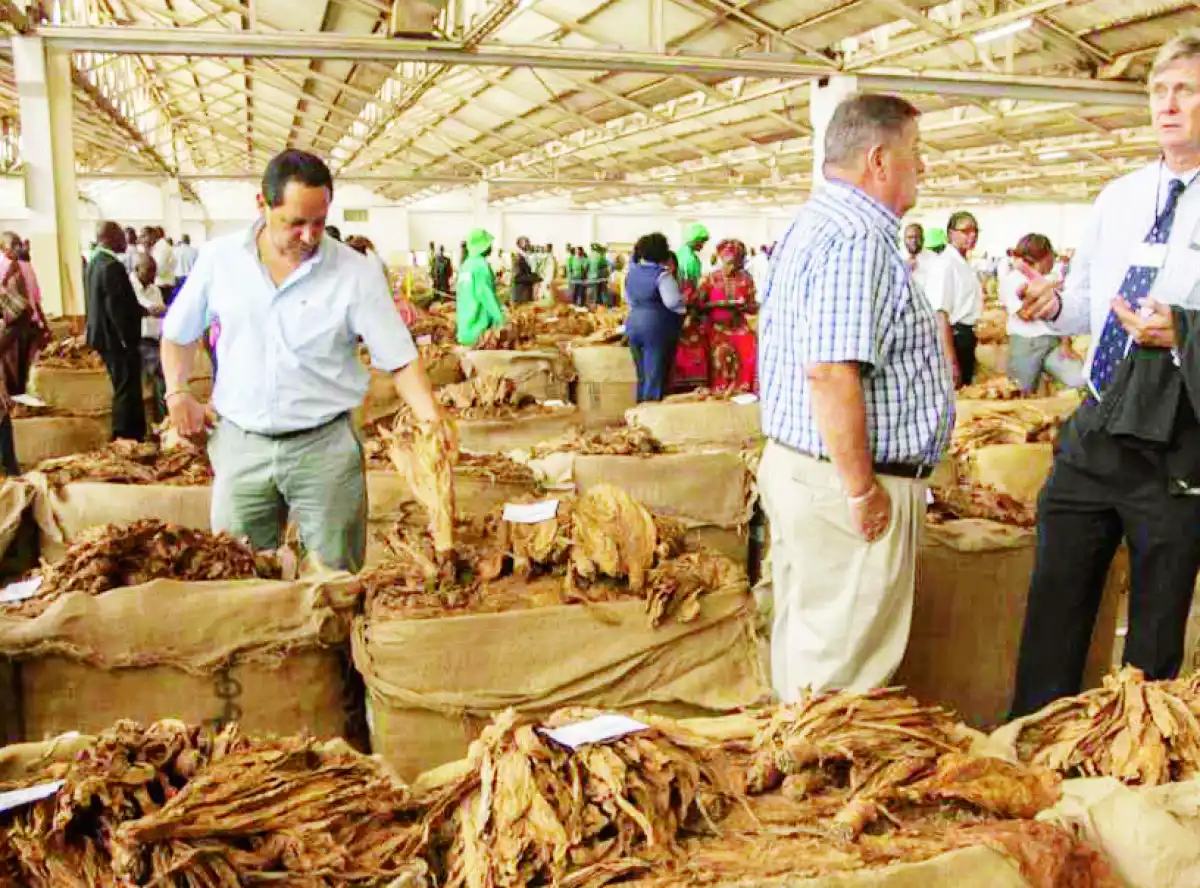
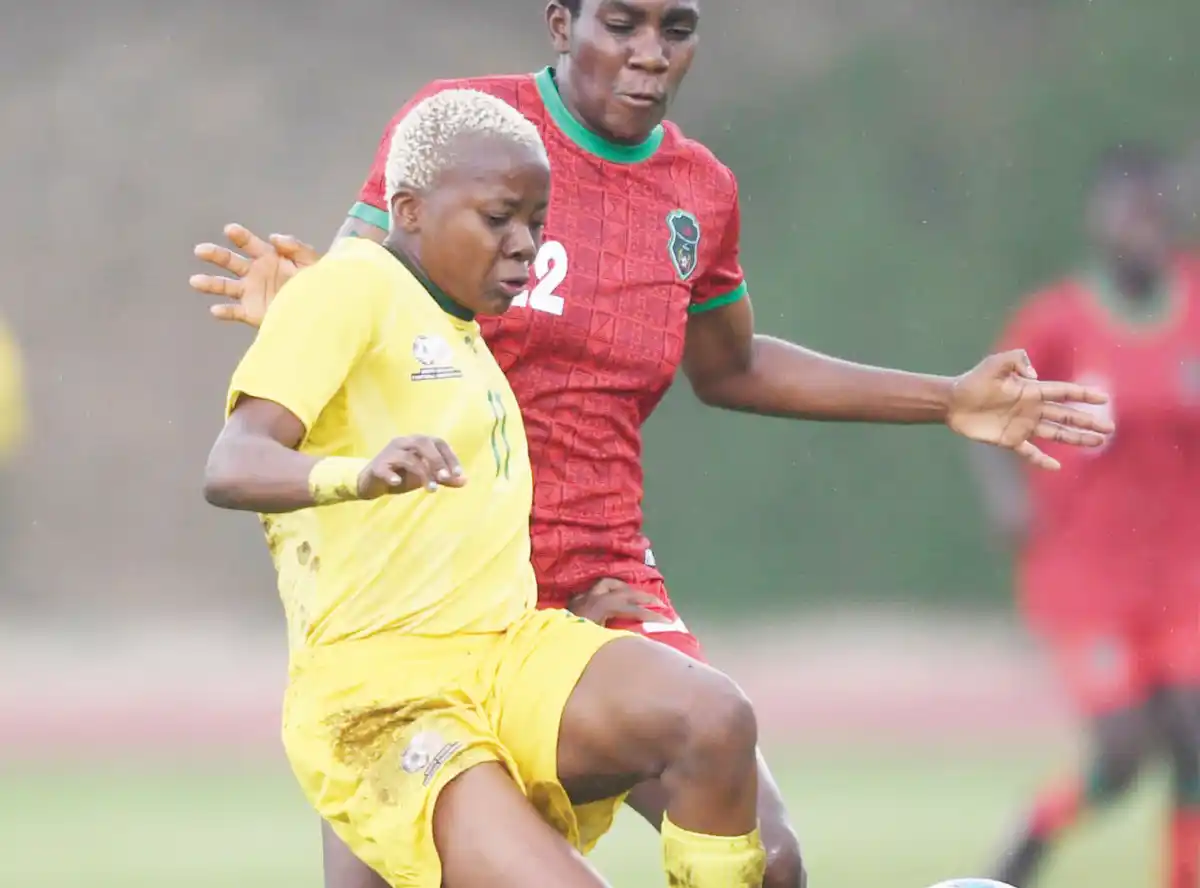
0 Comments